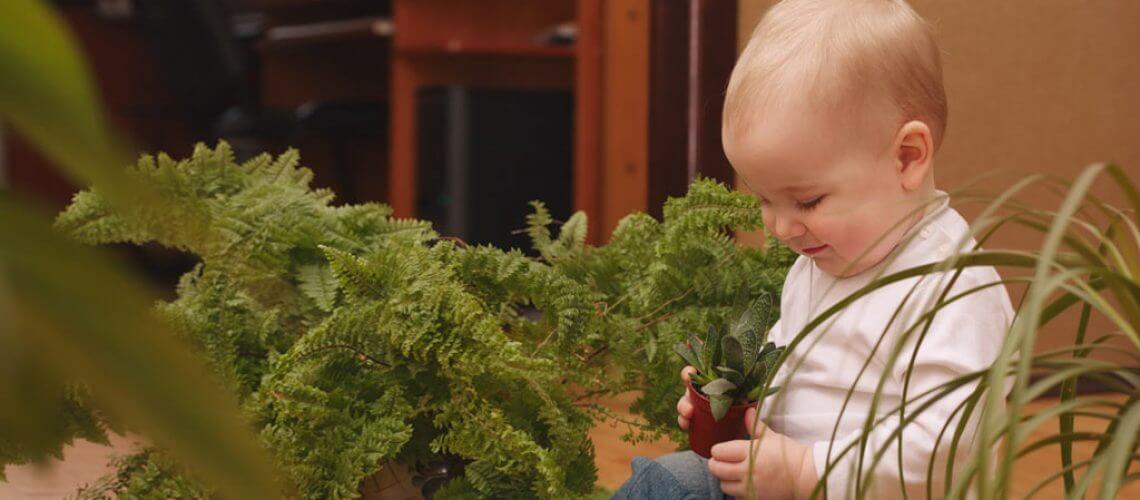Australia is known as a country with very special wildlife. Besides dangerous creatures, Australia also has extremely toxic plants. Here are the most poisonous plants in Australia and how to give first aid.
The Risk Of Poisonous Plants
Plants often seem harmless. But when you are in Australia, you must be careful of every creature. Some kinds of plants in this country could be the reason for your death.
The first thing you must do is not to come across these deadly plants. It will generate toxins to protect itself when people come near it or try to pick it up.
A very high concentration of the toxin is in its flowers and leaves. And not just in Australia, during the drought period, poisons often rise with increasing carbon dioxide, causing plants more poisonous.
A great percentage of Australian people have allergies and this number tends to increase each year.
The potential risk relies on how long the exposure is. Specific plants can lead to severe sickness or even death. Meanwhile, other people need larger quantities before symptoms develop.
Rhus – Poisonous Plants In Australia
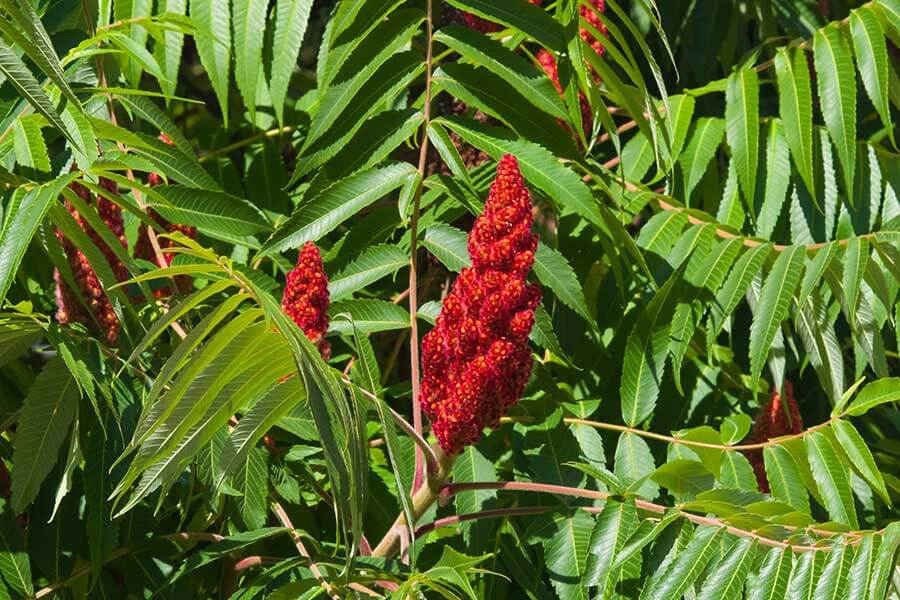
Its other name is the wax tree. It’s a flowering plant type notably discovered in Australia, New Zealand, and Asia.
Rhus can cause strong allergy reactions. It makes skin blisters and itchiness. The symptom lasts about a week or longer.
Deadly Nightshade
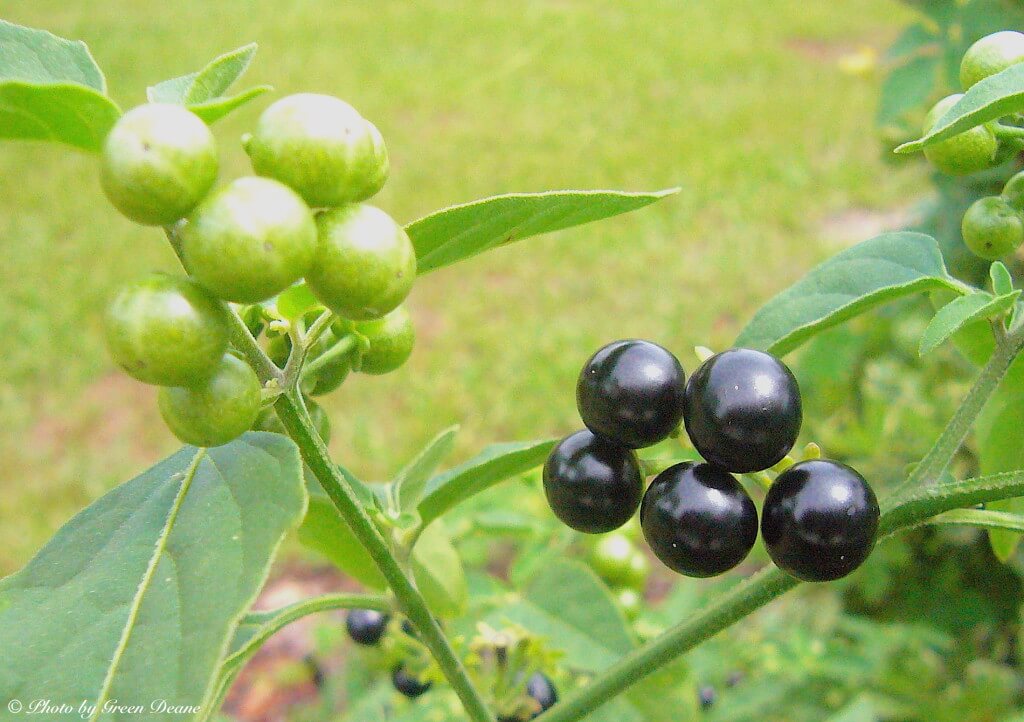
This is a contaminated perennial plant in the nightshade family. It has round purple or black berries, which are extremely poisonous. Eating it can cause symptoms such as vomiting, fever, confusion, skin flushing, and even hallucinations.
Common Or Pink Oleander And Yellow Oleander – Poisonous Plants In Australia
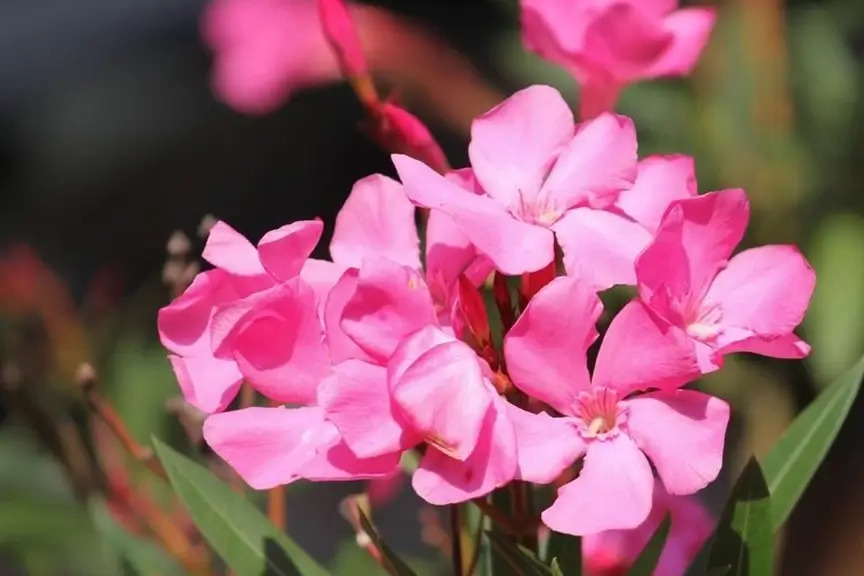
Contaminated flora where every part, as well as the seeds, is poisonous. Symptoms such as vomiting, irregular heartbeat, diarrhea, coma, dilated pupils, and worst, death.
Coral Tree
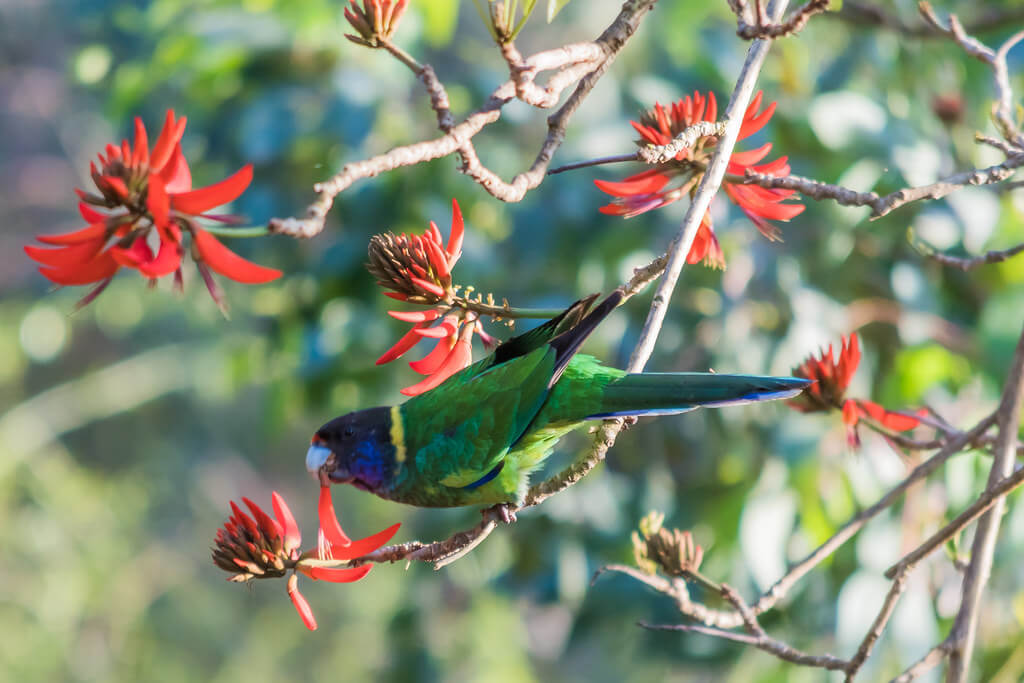
This is a tropical tree legume whose seeds, bark, and leaves are toxic.
In particular, the seeds are poisonous to kids and people with allergic conditions. It can generate weakness, lightheadedness, and shortness of breath. Sometimes, it can make poisonous people cyanosis as they lack oxygen in the blood.
Castor Oil Plant – Poisonous Plants In Australia
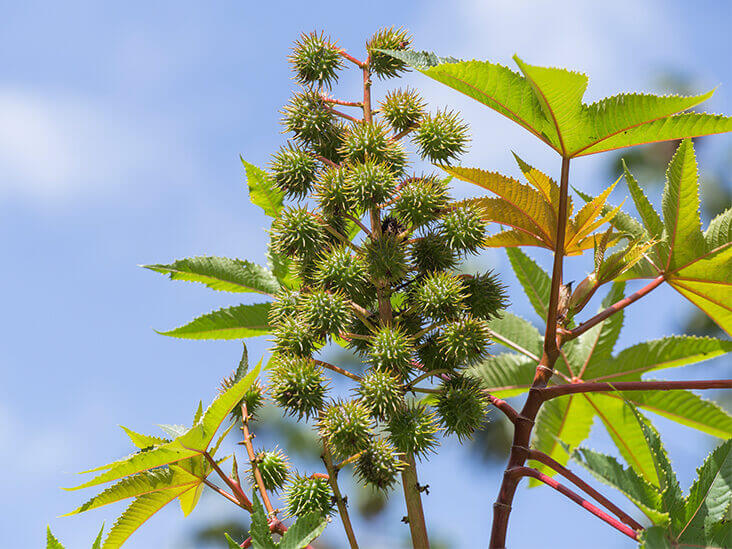
This plant is a big, flowering shrub. It has poisonous seeds, leaves, and flowers. Munching and consuming just a few of its pieces can lead to vomiting, abdominal pain, and diarrhea.
First Aid Treatment
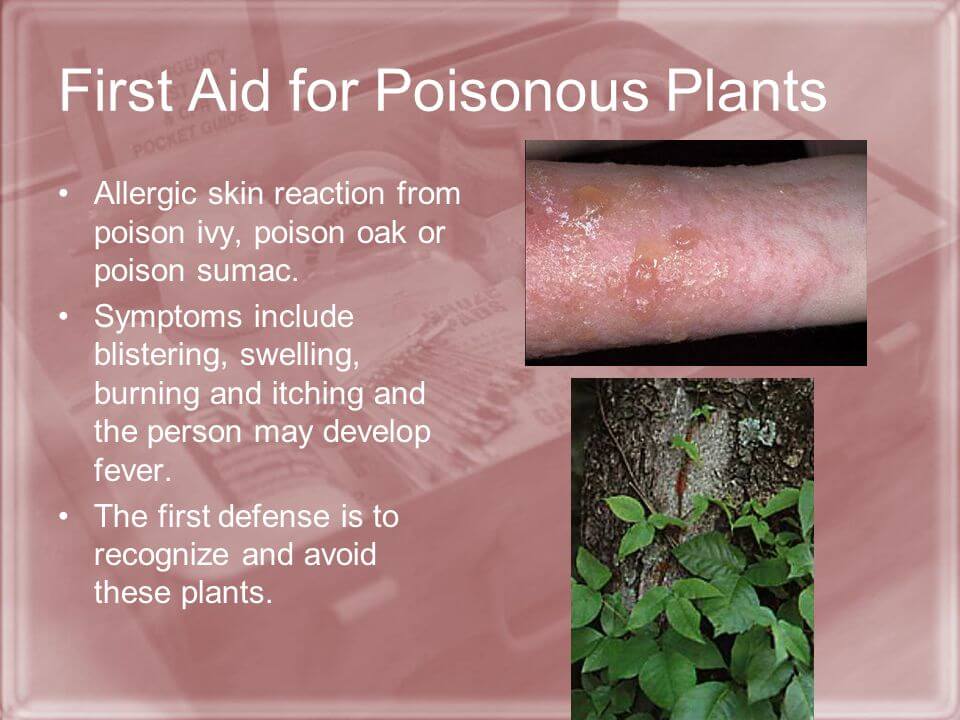
If someone has been exposed to plant toxins, they need to get first aid as soon as possible.
For skin contact, first, remove poisonous clothing gently. Then, wash affected parts with a great amount of room temperature water.
If someone had eye contact with poisonous plants, rinse their eyes with a slow, gentle stream of water. Continue to wash in about 10 to 15 mins. Rinsing like this will help clear away poisons in the eye.
If in worsen situations, someone swallowed plants, don’t induce barfing ‘cause it can further bring complications. Rinse to clear away all remaining plant parts in the mouth. Last but not least, always remember to have a medicine container handy.
Related Posts You Can Read:
How does The Netherlands Feed The World?
Incredible Sights for Garden and Flower Lovers in the Netherlands
